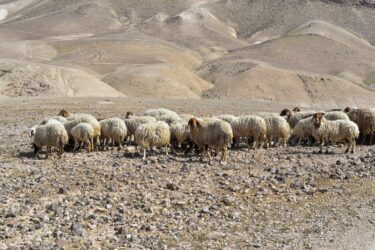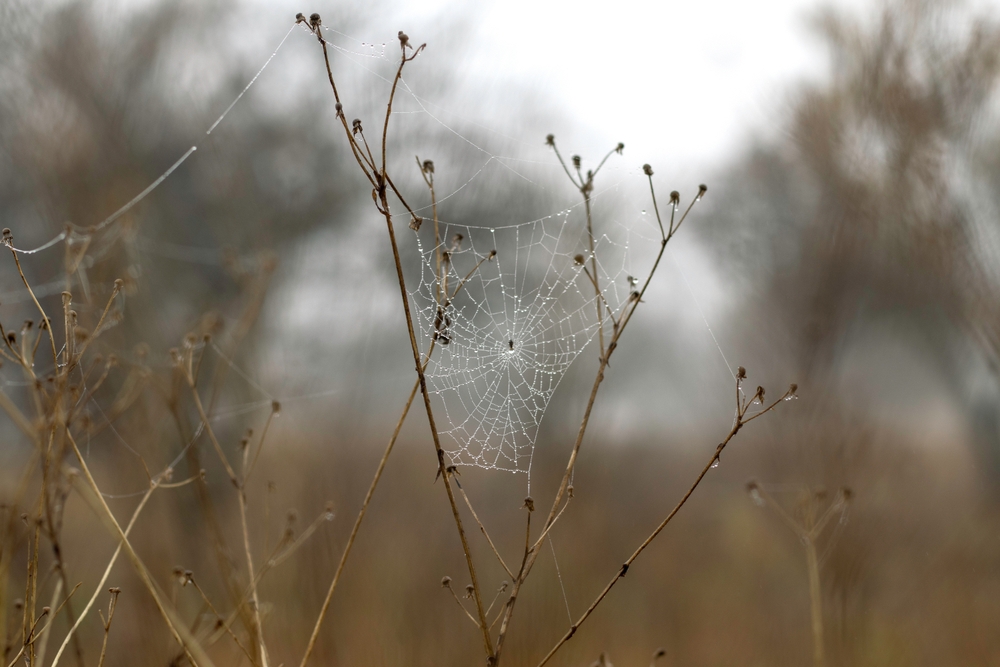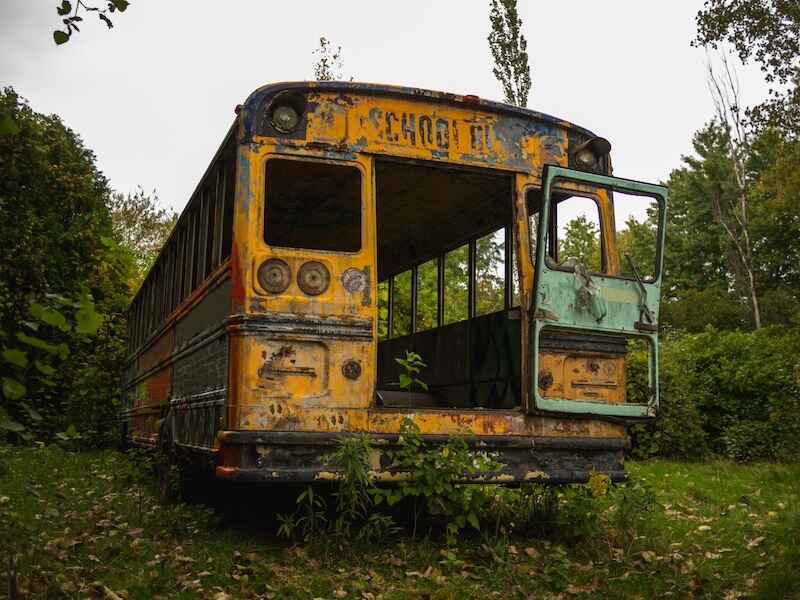The Tragedy of Instability
Joel Salatin|March 21, 2023

A Note From Amanda: Joel is famous for his innovative farming techniques. He’s often asked to present on his practices, and he’s consulted on farms all over the world. His recent trip to visit with Israeli farmers, however, showed just how dangerous and tragic life can be when folks are living with unending instability. Read his story below.
I just spent a week in Israel doing presentations and meeting with farmers. I was in Judea and Samaria, otherwise known as the West Bank.
It’s an area, as you likely know, that is rife with conflict and has a rich history. About 80% of the events in the Bible happened there. In 1948, the UN chartered the boundaries for Israel and drew them on a map with a green crayon (creating the so-called Green Line). That negotiation gave Judea and Samaria to Jordan.
Then, in 1967, Israel took control of Judea and Samaria during the Six-Day War. But then, in 1995, the Oslo Accords carved out three zones: A (Arab only), B (Arab and Israeli) and C (Israeli citizens only).
These zones abut and intertwine throughout the region, marked only on maps and not on the land. As you drive through the area from town to town, you can clearly tell which towns are in Zone A and which are in Zone C due to the blackwater cisterns on all the roofs. The PLO-governed towns in Zone A have such spotty utility services that people store water and run generators.
I visited nearly a dozen farmers in Zone C. I’m not sure I’ve ever seen such an intimidating agricultural landscape.
War
These unmarked zones face constant encroachment. Farmers are the first outpost of Jewish presence in the effort to hold Zone C until villages and businesses can become established.
Zone A and Zone C are constantly at war. The farm businesses I visited are on the fringes of Zone C and lack buffers from Zone A.
The farmers can’t leave their sheep out at night because they’ll be stolen. They can’t build a fence because it’ll be cut down and destroyed. By contrast, the only predators I have to deal with on my farm are four-legged.
The cost of doing business dramatically changes when you need to provide round-the-clock security to protect equipment, buildings and livestock.
To cope, the farmers house all their animals in buildings. They let them out to graze for only a few hours a day – and always with a human along for security. Since lambs can’t walk as fast as ewes, most farms don’t even let the lambs nurse from their mothers.
This is the only country in the world where I’ve seen lambs denied milk from their mothers. Instead, after birth, the lambs go immediately to a nursery where they’re fed an expensive milk replacer – artificial lamb’s formula.
Due to the filth in the barns, the lambs can’t stay inside – the fecal dust makes them sick. Imagine a farming system in which the single greatest asset of a mammal – its ability to nurse its young – can’t be leveraged.
In order to raise these lambs faster, farmers buy boatloads of grain, primarily from the Baltic states and routed through Istanbul. Thanks to the war in Ukraine, this grain has jumped 200%-300% in price in the last year. That has also affected the price of milk replacer.
Rather than being an asset, sheep manure is a liability and hardly even gets spread on the fields. Of course, the fields are impassable in vehicles due to boulders. Over the centuries, erosion has exposed so many rocks that a person has a hard time even walking across the terrain. Yet the soil is highly mineralized and could easily grow things with the right management.
How do you manage something you can’t control? That’s the enigma these Jewish farmers face.
Tragedy
I talked to one elderly patriarch who reminisced about the first time U.S. Secretary of State Henry Kissinger met Israeli Prime Minister Golda Meir. He said she quipped, “Mr. Kissinger, in the rest of the world 95% of the people are stupid and 5% are geniuses. Here in Israel, 95% are geniuses and 5% are stupid… and they run the government.”
I didn’t meet a single farmer whose operation was profitable. Fortunately, they don’t have to buy the land. All they have to do is establish a farm and occupy it, but that seemed a lot more difficult to me than buying secure land.
I can’t imagine being unable to sleep at night due to the fear of marauding neighbors destroying my animals, plants, buildings and equipment.
As you can imagine, the situation is untenable in the long term.
The bottom line is that when you don’t have social stability, everything becomes difficult – difficult enough that you have to do crazy things to try to stay in business.
The circumstances under which these farmers operate keep them from thinking about ecology, efficiency and even profitability.
When the hurdles are high enough, we can’t seek out other possibilities. We’re consumed with working within our box rather than exploring other options.
That’s the tragedy of societal instability.

Joel Salatin
Joel Salatin calls himself a Christian libertarian environmentalist capitalist lunatic farmer. Others who like him call him the most famous farmer in the world, the high priest of the pasture, and the most eclectic thinker from Virginia since Thomas Jefferson. Those who don’t like him call him a bioterrorist, Typhoid Mary, a charlatan, and a starvation advocate. With a room full of debate trophies from high school and college days, 12 published books, and a thriving multigenerational family farm, he draws on a lifetime of food, farming and fantasy to entertain and inspire audiences around the world.



